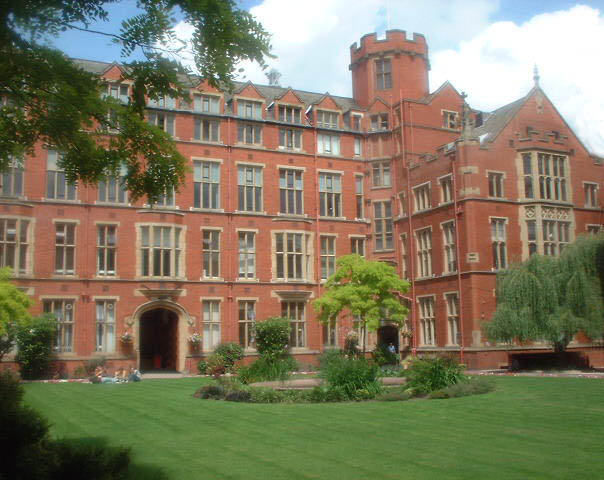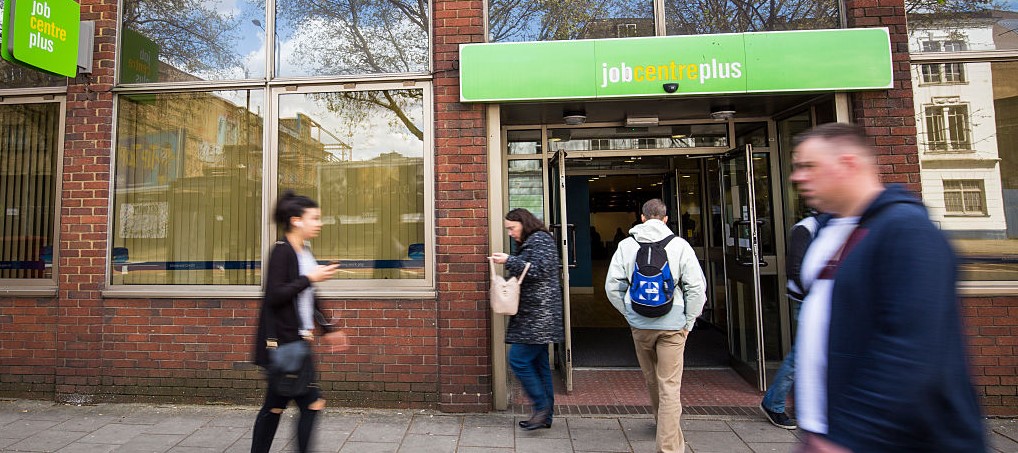Jobs ‘boom’?
The rise in the number of jobs since the financial crisis has come at the expense of quality jobs, new research delving into employment trends of the last decade has found.
A Resolution Foundation report published on Monday (January 14) found that the increase in the number of jobs that’s brought the employment rate to a record 75.1 per cent has predominantly benefited those on lower incomes.
But this did not negate the fact that in-work poverty has substantially increased over the last decade, or that one in five UK workers remain low-paid as real average wages have stayed below 2008 levels, the researchers said.
“The past decade has witnessed the expansion and subsequent endurance of a wider range of â€atypical’, sometimes insecure, work,” the report read.
“Although full-time work as an employee remains the norm, two-thirds of the growth in employment since 2008 has been in â€atypical’ roles such as self-employment, zero-hours contracts or agency work.”
One myth about the labour market that the researchers sought to dispel was the notion that growth in employment over the last decade has been predominantly London-centric. The largest gains in employment have actually been in South Yorkshire, with a rise of 6.5 per cent and Merseyside, with an increase of 6.4 per cent.
Still, the Resolution Foundation pointed out that gains in historically low-employment urban areas have occurred as these areas play â€catch-up’ with London. Rural areas, on the other hand, have not fared as well in the so-called â€jobs boom’ of the last decade.
Another myth the report dismissed was the popularly-held idea that employment gains have mostly benefited migrants – that it is people born outside the UK who have â€taken’ jobs from native-born people. While it is true that migrants have been some of the main beneficiaries in the increase in jobs, it has not happened at the expense of native workers.
“Migrants have accounted for two-thirds of the increase in employment since 2008 (in part because they have grown as a share of the population), but in the same period the employment rate for people born in the UK has risen by over two percentage points to a record high of 75.8 per cent,” the researchers noted.
While a wide range of groups of people have benefited from record employment, young people have in the main have not. People aged 18 to 29 have borne the brunt of employment insecurity, with growth in insecure jobs rising 50 per cent faster for this age group than the rest of the population.
Young people are also the most likely to express dissatisfaction with their jobs and have been harder hit by the pay squeeze seen since the financial crisis.
“Any talk of a so-called â€jobs boom’ over the last decade cannot ignore the fact that a rise in the number of jobs has been sacrificed at the altar of decently paid, secure and skilled employment,” said Unite assistant general secretary Steve Turner, commenting on the report. “If many of these millions of new jobs still do not enable people to make ends meet, to put a roof over their heads or feed their children then there’s little to celebrate at a time of record employment.
“It is a national scandal and a betrayal of our younger generation that it is young people who are being hardest hit by a jobs market that for many millions simply doesn’t pay a living wage, offer security of employment or even guaranteed hours,” he added.
“As the report rightly highlights, the rise of insecure work such as zero and short-hours contracts must be tackled by policy interventions, such as an outright ban as has been done in New Zealand. Implementing a real Living Wage of at least £10 an hour is another way the government can take action to tackle the endemic low pay and growing inequality of the last decade.
“Most importantly, any discussion of how we build a highly paid, highly skilled labour market must have trade unions at its centre, with the introduction of sectoral collective bargaining and improved union access to workplaces.”
 Like
Like Follow
Follow


